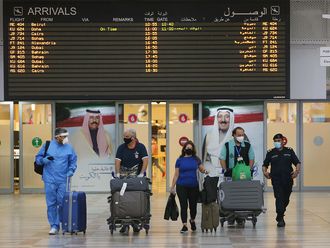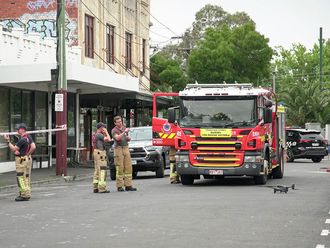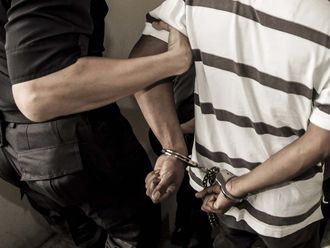
Muscat: Oman police arrested three human traffickers for exploiting a group of Asian women in South Sharqiyah region, according to a Royal Oman Police press release on Thursday.
The suspects lured the victims as they promised them they found jobs in Oman.
The police statement read: “The South Al Sharqiyah Governorate Police Command has dismantled a human trafficking ring, arresting three individuals of Asian nationality for exploiting vulnerable workers and stealing their money.”
Authorities revealed that the suspects lured a group of Asian women to the country with promises of employment, only to exploit them and steal their money.
The Anti Trafficking Law of 2008 (promulgated by Royal Decree No 126/2008) lays down a minimum punishment of three years in prison and a fine of 5,000 rials for anyone convicted of human trafficking. The maximum punishment is seven years in prison and a fine of 100,000 rials.
However, in aggravated cases, the minimum sentence is seven years’ imprisonment and the maximum is 15 years. The minimum fine is 10,000 rials.
Agravated cases include those where the victim is under 18, where the crime is committed by more than one person or an organised criminal gang and/or where the crime is transnational.
The law is written to stop all acts of exploitation. Exploitation is defined as the illegal use of a person, including prostitution, any form of sexual exploitation, serfdom, forced labour, enslavement or practices similar to slavery or enslavement or the illegal removal of organs.
Article 2 of the law states that a person will be deemed to commit a human trafficking crime if, for the purpose of exploitation, they “use, transfer shelter or receive a person by coercion, under threat, trick, exploitation of position or power or exploitation of weakness.”
The law also sets out special procedures to be followed for the care of victims when investigations are being carried out.
-- Fahad Al Mukrashi is a journalist based in Muscat












